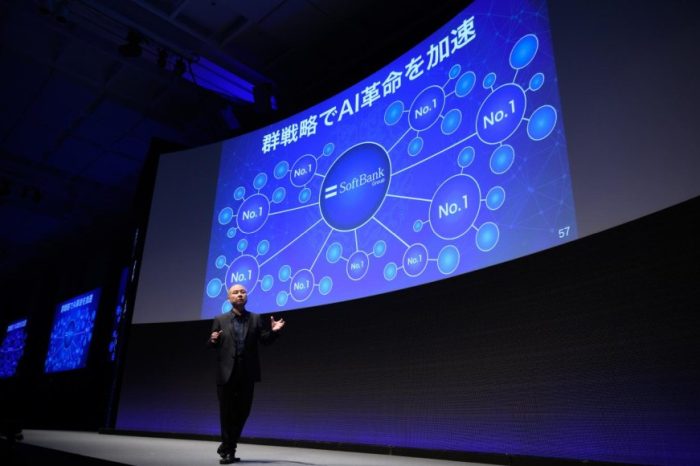Chinese chip startup Changxin seeks to raise new funding at $19.51 billion valuation; delays IPO

Chinese chip maker Changxin Memory Technologies Inc (CXMT) has decided to postpone its planned initial public offering (IPO) originally set for earlier this year, making it the latest Chinese company to cancel its IPO debut due to volatile market conditions.
Instead, the company is exploring the option of raising funds at a valuation of 140 billion yuan ($19.51 billion), Bloomberg reported on Monday. The news follows a report in April from Bloomberg stating that CXMT was aiming for an IPO with a valuation of $14.5 billion.
The decision to delay the IPO is likely a response to challenging market conditions, particularly within the global chip industry. By opting for this delay, CXMT can secure additional funding without navigating the complexities and expenses associated with the public markets, which can be a time-consuming process.
Citing sources familiar with the matter, Bloomberg reported that Changxin underwent a shareholder restructuring around the middle of 2023 to prepare for a potential listing. However, the company chose to wait for a more favorable market condition after engaging in discussions with regulators and potential investors.
In May, Reuters also reported that CXMT had enlisted investment banks CICC and China Securities as sponsors for its planned domestic IPO. In April, Bloomberg also reported that CXMT’s IPO was targeting a valuation exceeding $14.5 billion.
As a major player in China’s semiconductor landscape and a competitor to Samsung, CXMT, owned by state-backed parent Innotron Memory Co, is the country’s leading manufacturer of DRAM memory chips.
CXMT is among several prominent Chinese firms embodying Beijing’s technological ambitions, particularly in semiconductors crucial for advancements in AI and self-driving cars. While it currently specializes in DRAM storage chips, an industry dominated by global giants like Samsung, SK Hynix, and Micron, CXMT’s ambitions extend to more advanced semiconductor development in the future.
Meanwhile, China has been actively acquiring foreign chip startups as part of its broader effort to boost its semiconductor base in the face of US sanctions. For instance, In 2019, Wingtech Technology acquired Dutch chip startup Nexperia for $3.9 billion (approximately 25.2 billion yuan).




